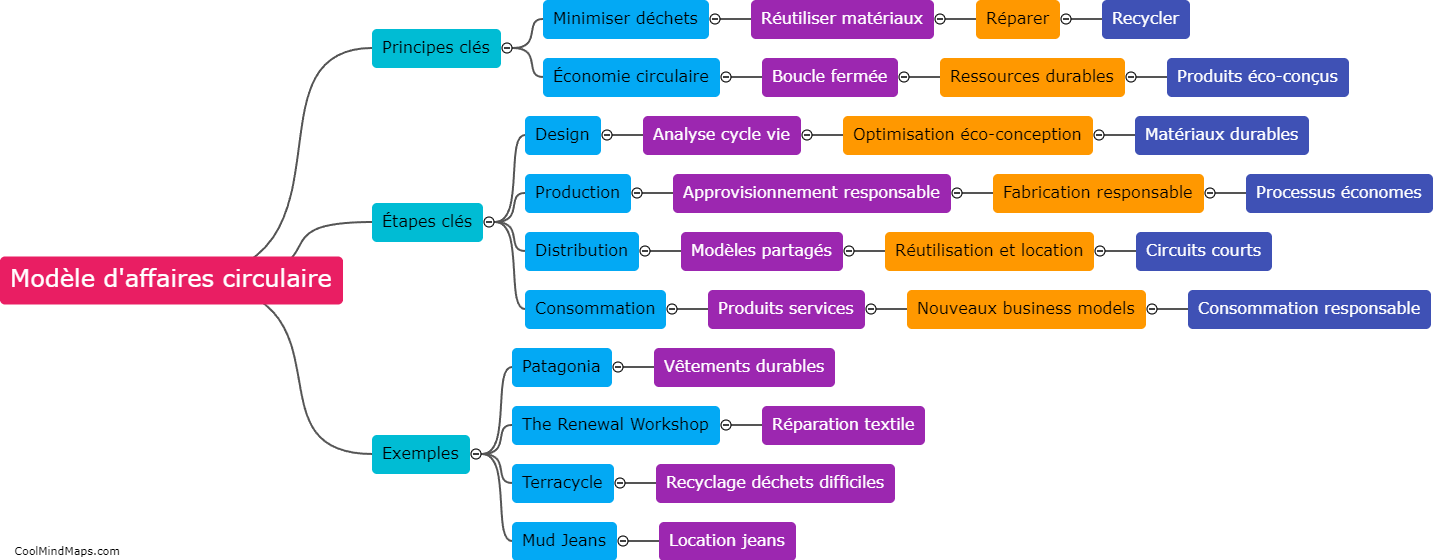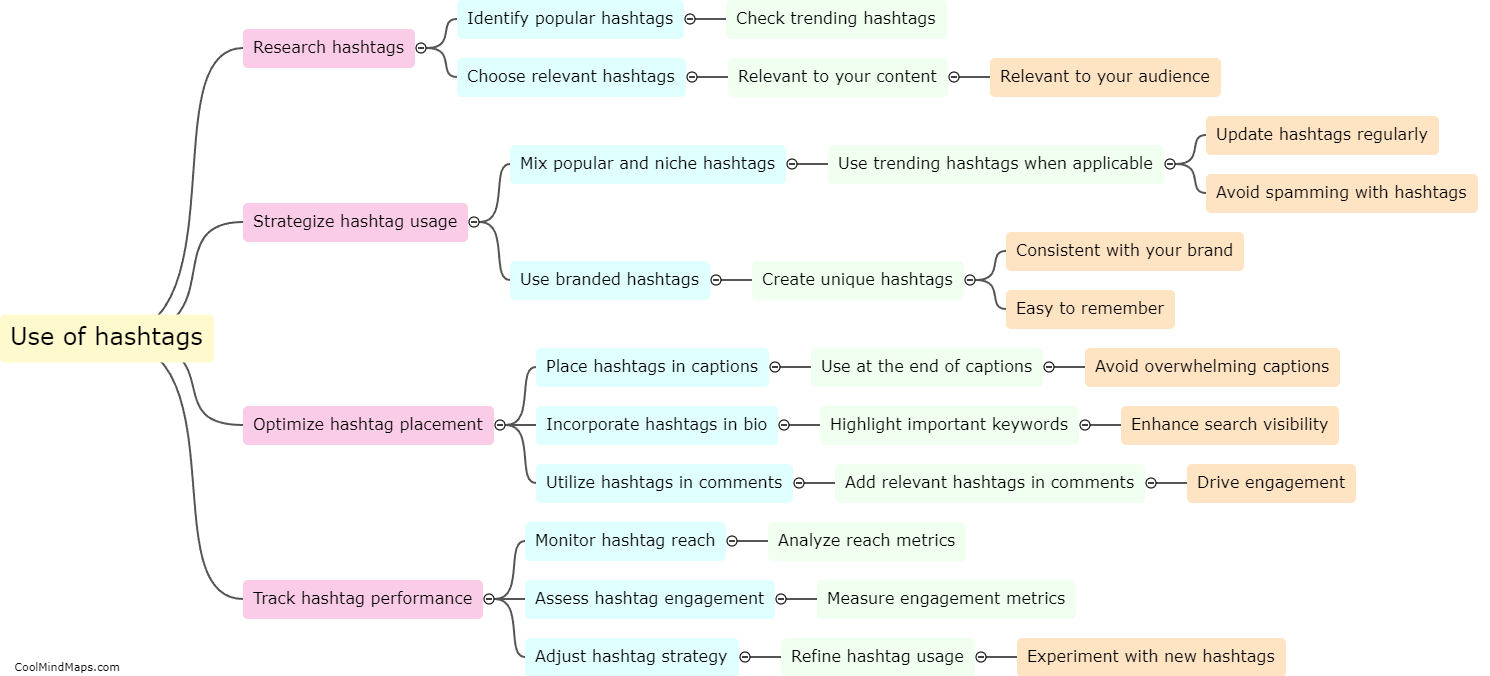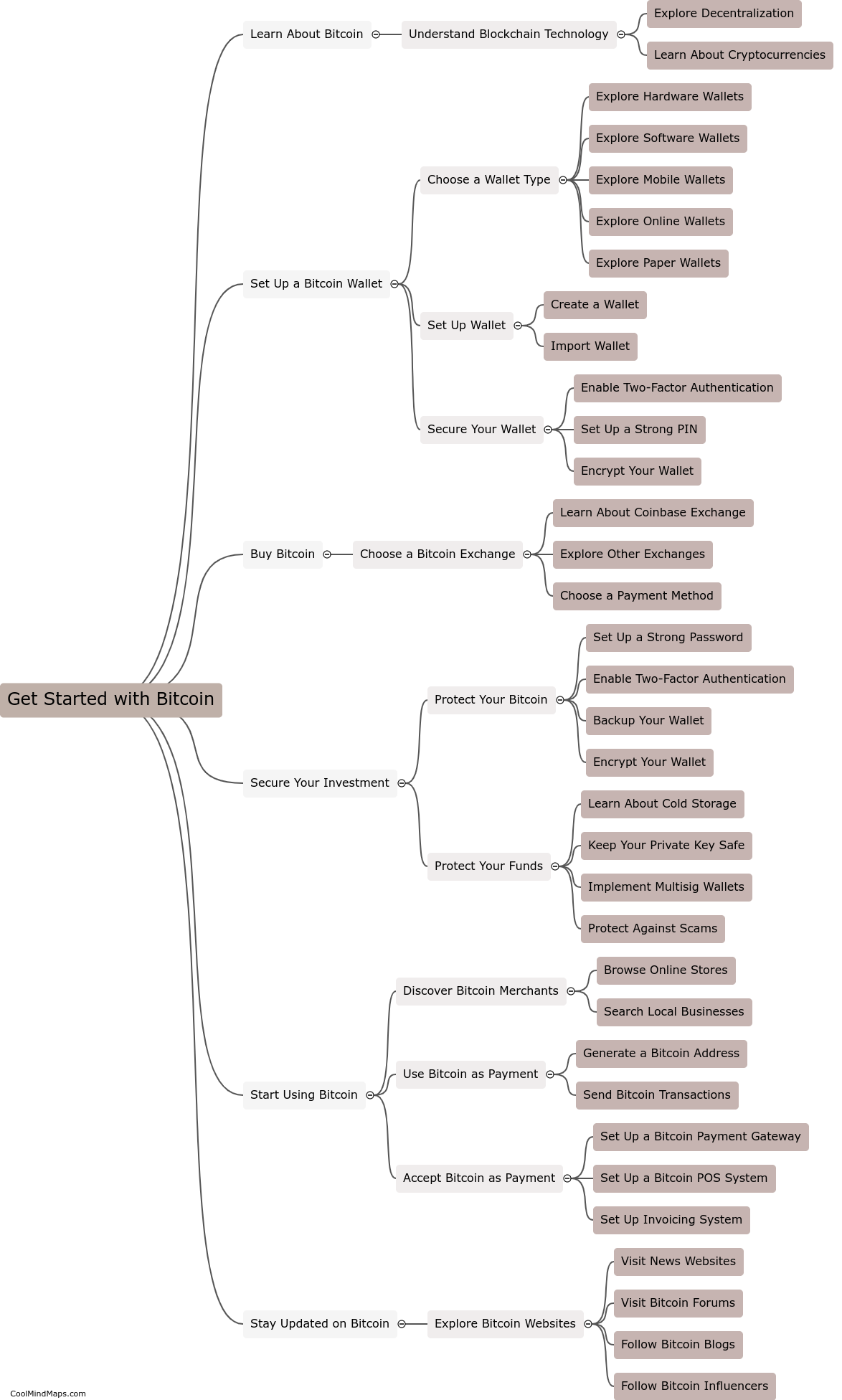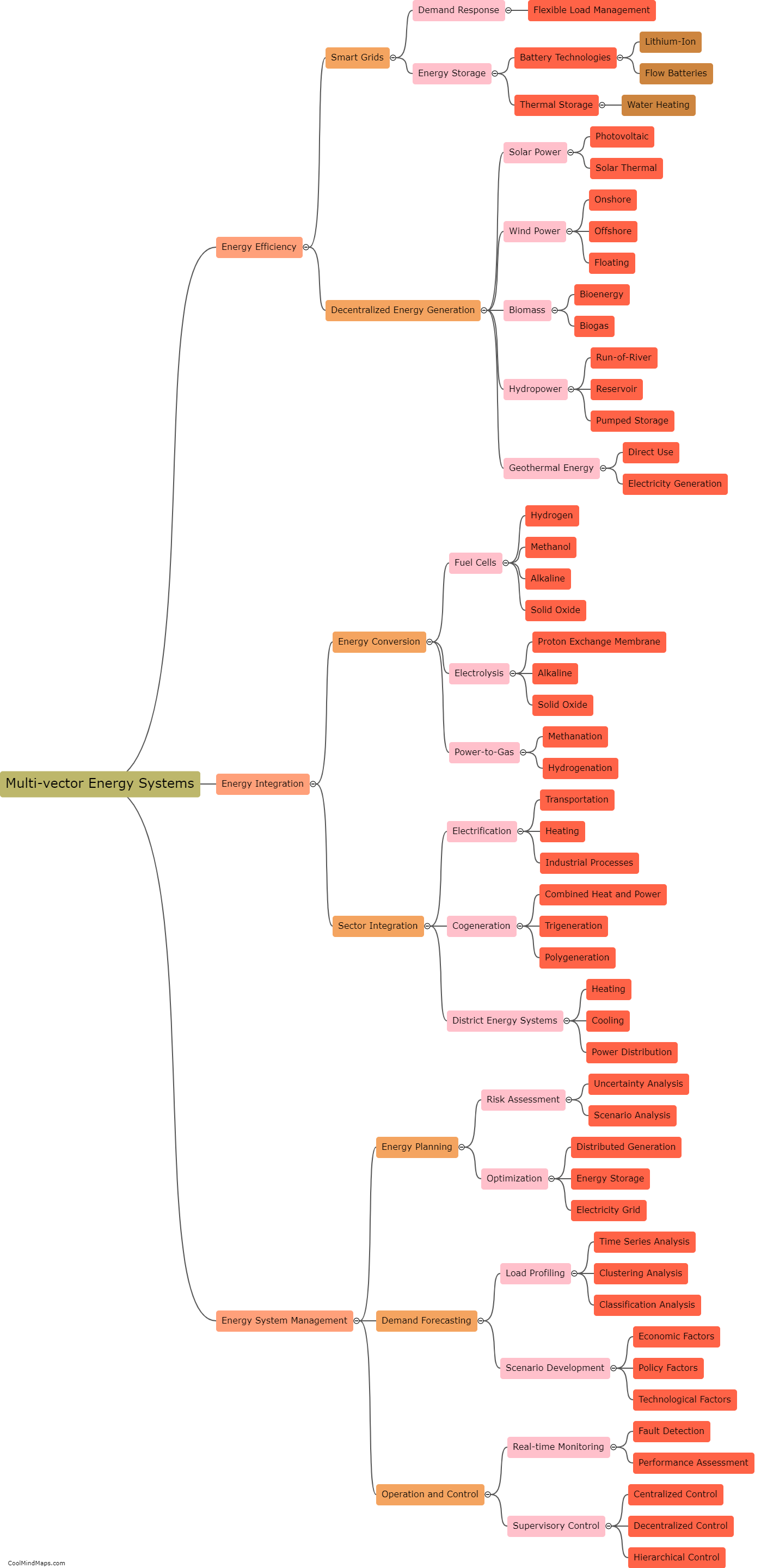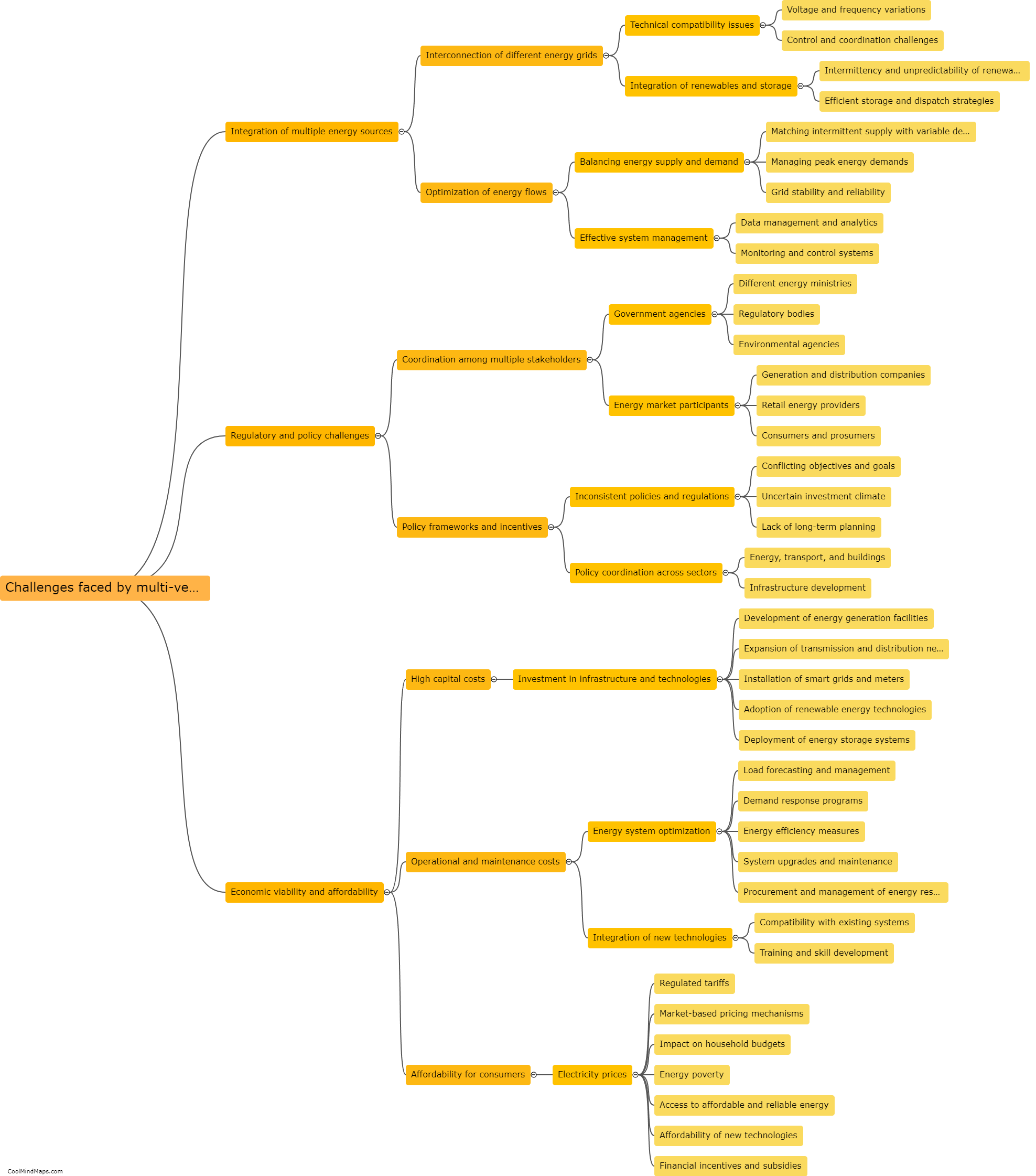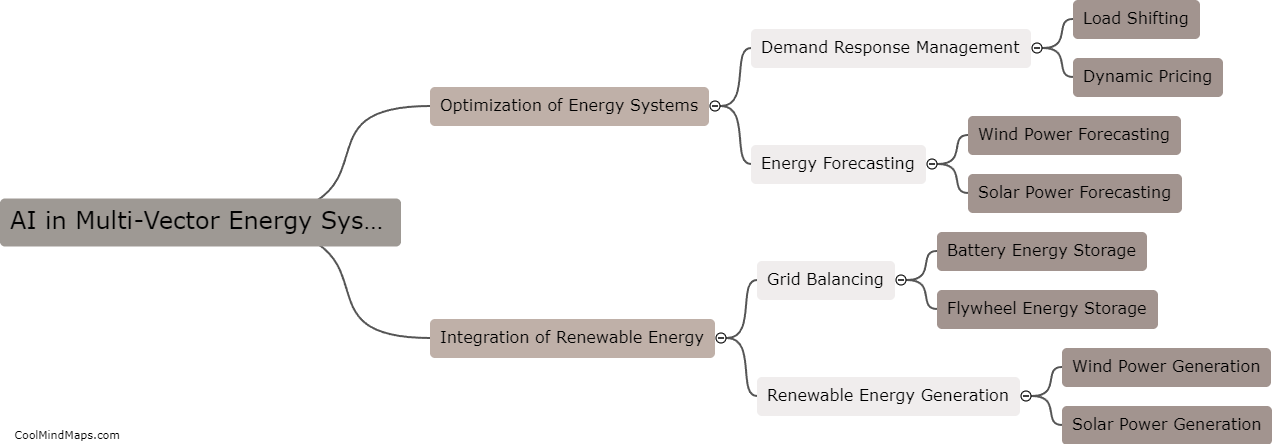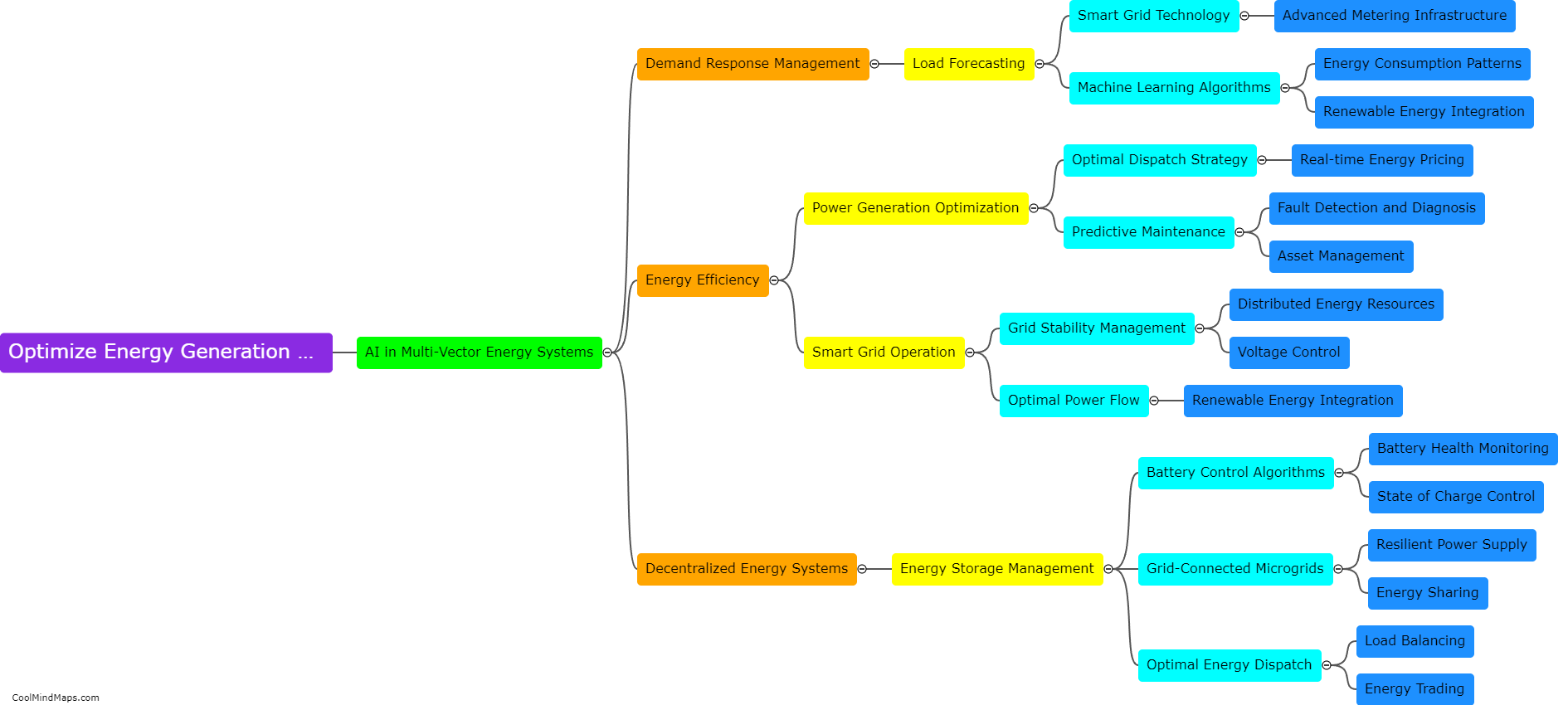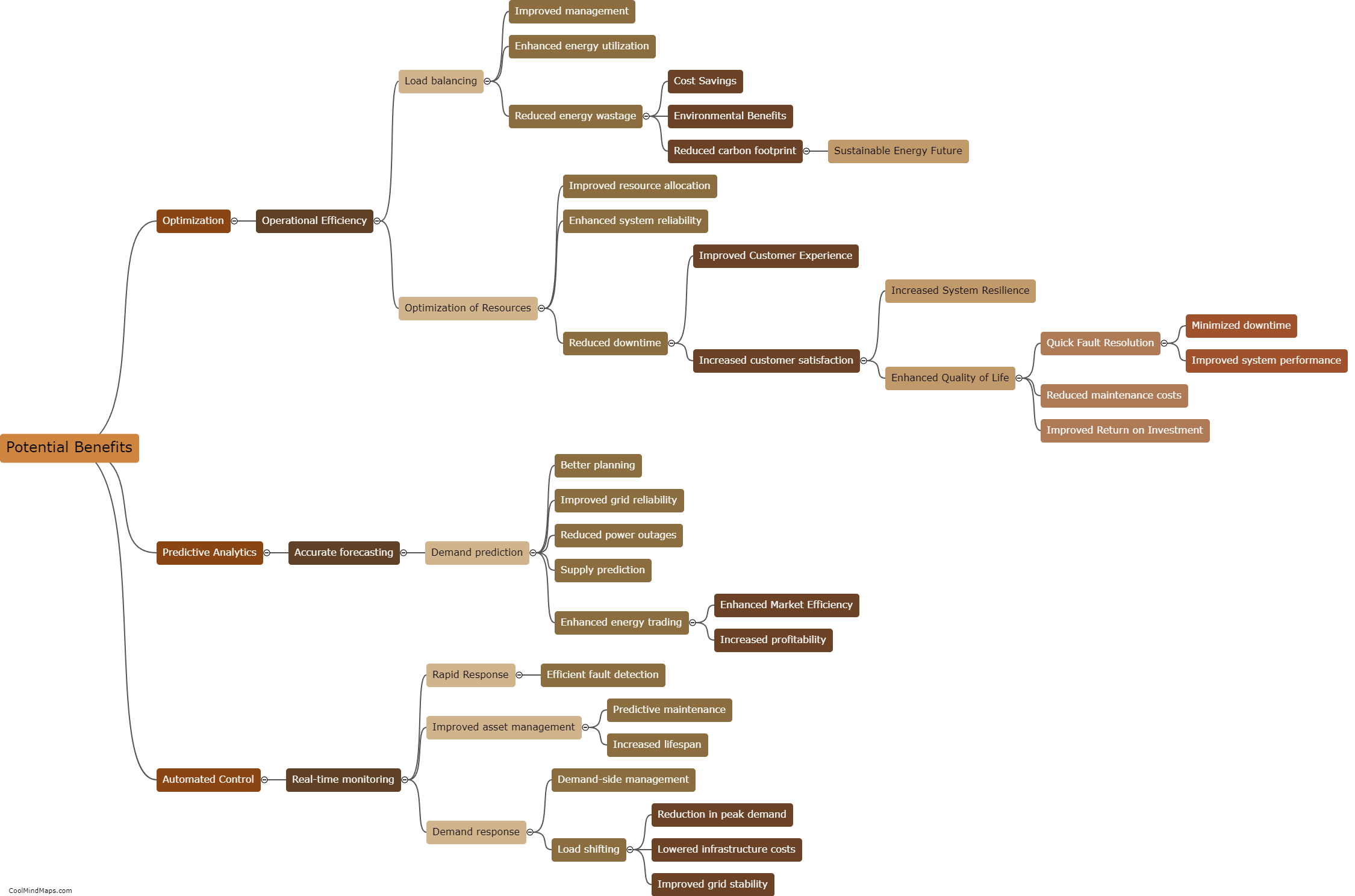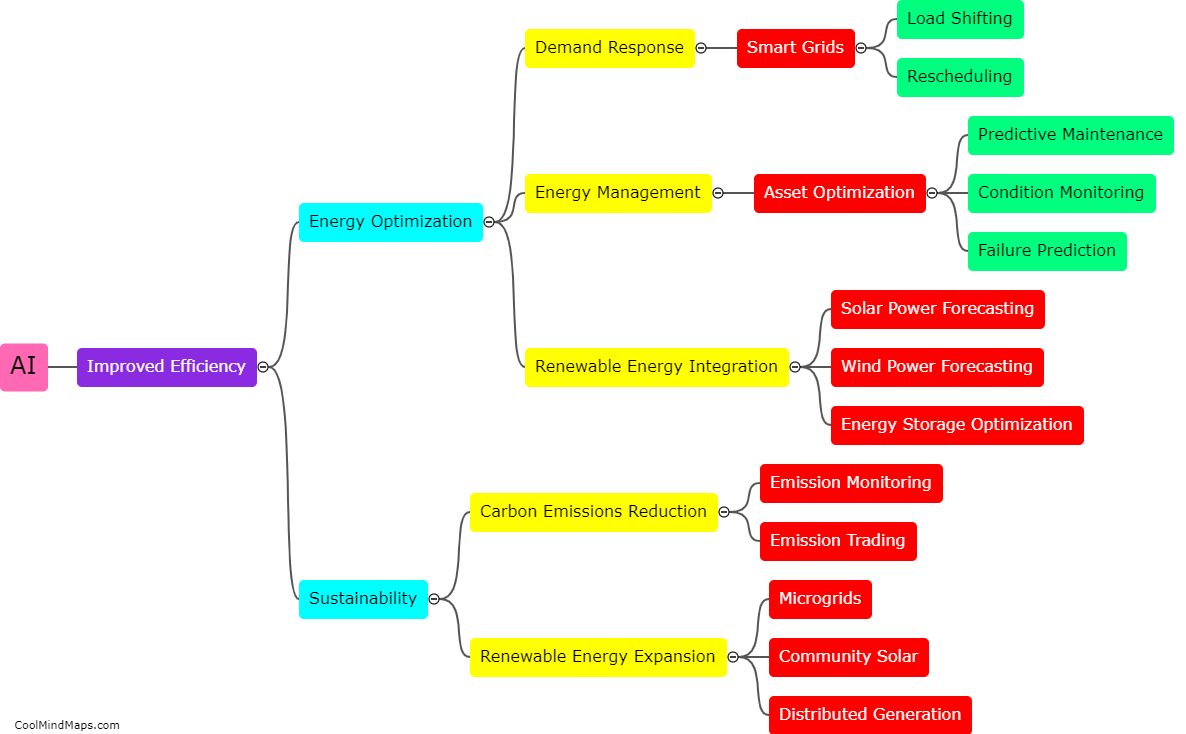What challenges does AI face in multi-vector energy systems?
Artificial Intelligence (AI) faces several challenges in multi-vector energy systems. Firstly, the integration of multiple energy sources, such as electricity, gas, and heat, poses a complex problem for AI algorithms. These systems involve diverse technologies, data sources, and operational constraints, making it difficult for AI to efficiently optimize energy generation, consumption, and storage. Additionally, the lack of standardized data formats and interoperability between different energy vectors impedes AI's ability to gather and analyze data accurately. Furthermore, the dynamic nature of multi-vector systems, due to fluctuating energy demands, weather conditions, and grid constraints, creates uncertainty that AI models must account for in real-time decision-making. Addressing these challenges with advanced AI techniques, such as hybrid or ensemble models, improved data infrastructure, and robust optimization algorithms, is crucial for optimizing the performance and reliability of multi-vector energy systems.
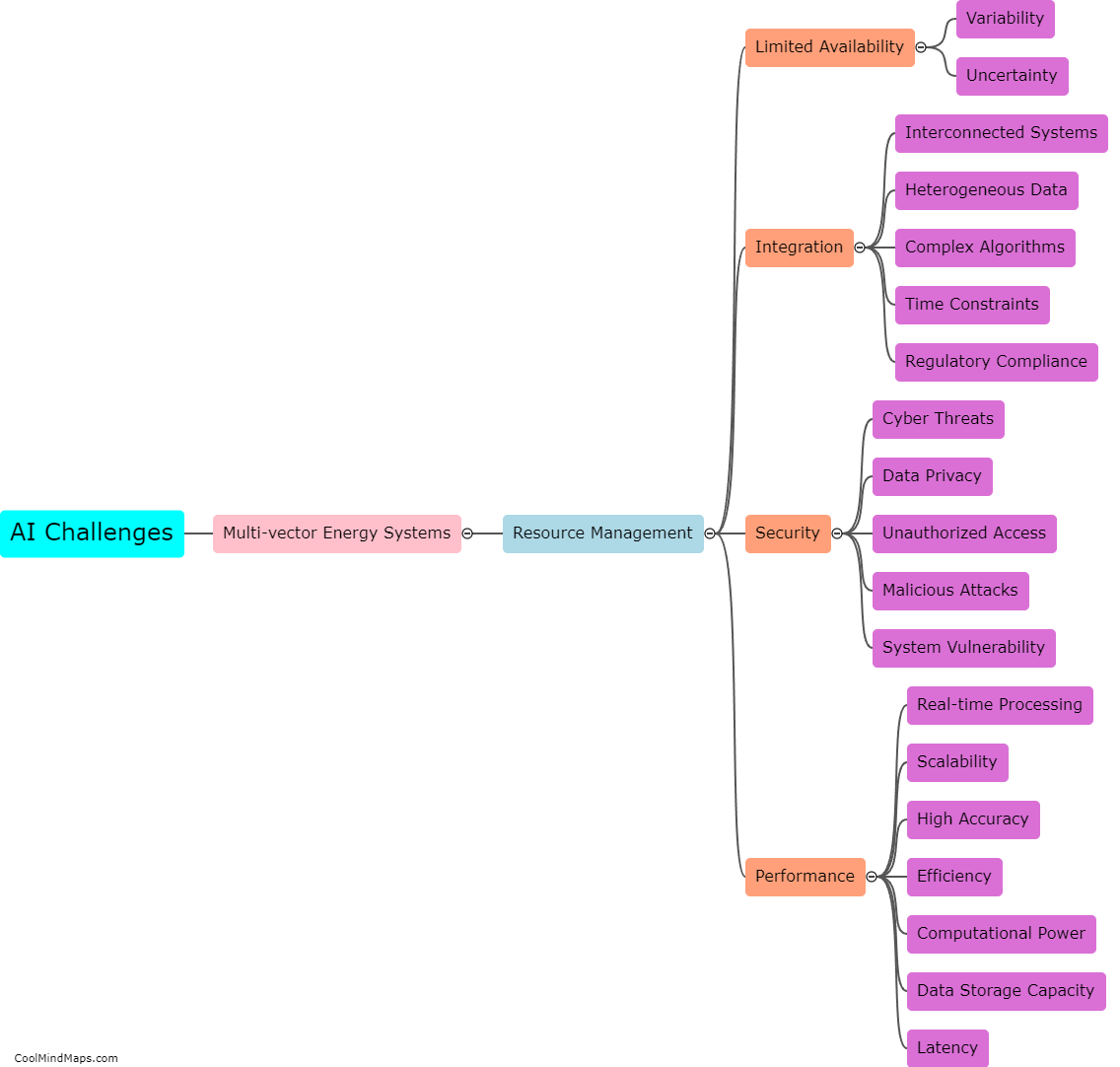
This mind map was published on 26 October 2023 and has been viewed 89 times.

